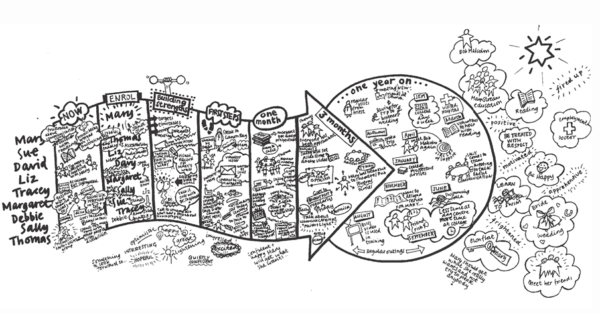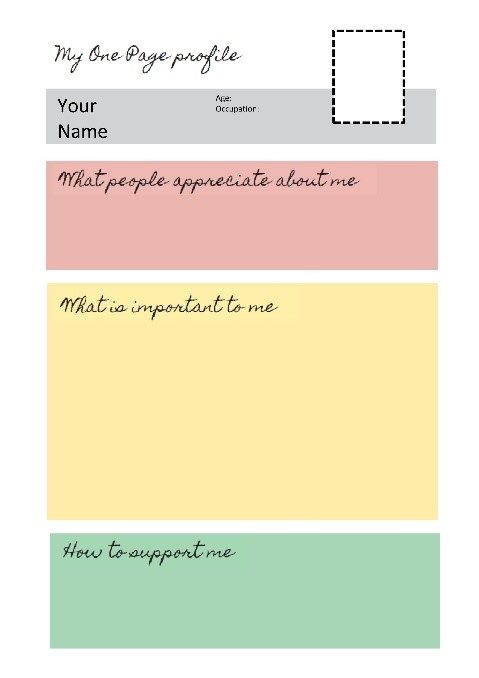 PCP is a flexible and adaptable approach that puts service users at the centre of service delivery by using a variety of tools to plan for change. PCP tools can help organise meetings and provide a framework for identifying and prioritising short and long-term targets. The PCP approach can be used, where appropriate, to support those working with individual pupils, at a school level to help plan for the future and also within Education, to support long and short term development planning.
PCP is a flexible and adaptable approach that puts service users at the centre of service delivery by using a variety of tools to plan for change. PCP tools can help organise meetings and provide a framework for identifying and prioritising short and long-term targets. The PCP approach can be used, where appropriate, to support those working with individual pupils, at a school level to help plan for the future and also within Education, to support long and short term development planning.
This 7 minute video describes how PCP can be used in single agency action planning meetings.
This short video is a discussion between Jack Pearpoint and Lynda Kahn regarding person centred approaches.
A selection of the different PCP formats which might be used by EPS are briefly described below.
Planning Alternative Tomorrows with Hope (The PATH)
The PATH can be used where there is a specific, identifiable goal as a way of working out how to achieve that goal with an individual, group of people or organisation. It can be helpful when a situation is complex and will require concerted action, engaging other people and resources, over time in order to make an important vision real.

One Page Profile
This single page document acts as a foundation of personalisation providing an at a glance way of knowing what really matters to people. It can be used as an initial step with individuals in order to inform other PCP planning meetings or to capture all the important information about an individual.

Making Action Plans (MAP)
A MAP is an 8 stage process which can be used with an individual or within a meeting. It helps to figure out how to move into the future creatively and effectively, drawing on an individual’s unique strengths, gifts and capacities. The process helps to develop a shared vision of a positive future, where a person can move towards their dreams and away from their nightmare scenario.

Click here to watch this video which very briefly describes the MAP.

